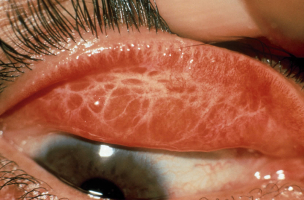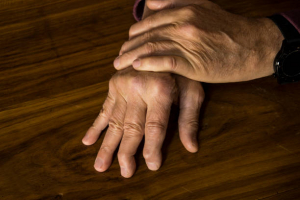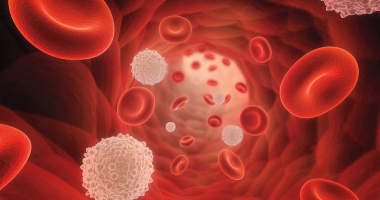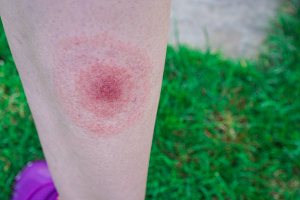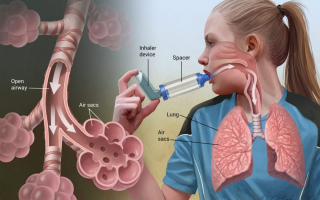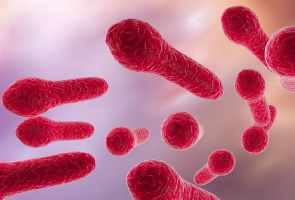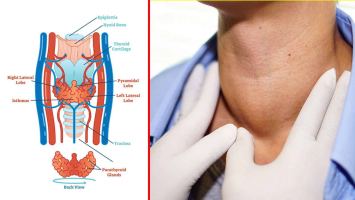Top 10 Symptoms of Hepatitis A
Hepatitis A is a vaccine-preventable liver infection caused by the hepatitis A virus (HAV). A lot of people can have hepatitis A. Close personal contact with ... read more...an infected person, consuming tainted food or drink, or even accidentally ingesting the virus in minute amounts are the two main ways that it spreads. Vaccination is the most effective defense against hepatitis A. Children under the age of 6 typically show no symptoms when they contract the virus. Older children, teens, and adults usually develop mild symptoms, which can include as mentioned in this following list of symptoms of Hepatitis A.
-
The abdomen is that portion of the body that is between the chest and the pelvis. Between your chest and your groin area, your body may experience abdominal pains. You could experience stomach cramps, localized pain, or generalized pain. Abdominal discomfort might be strong, achy, dull, or sharp. Localized discomfort only exists in one area of the abdomen. Such discomfort is typically brought on by issues with a particular organ. With no need for hospital treatment, this discomfort varies and could go away on its own.
Significant abdominal discomfort is caused by bacterial, viral, or parasitic illnesses that harm the intestines and stomach, including the hepatitis A virus in this instance. You should seek emergency medical assistance if the pain is so severe that it prevents you from sitting still or requires you to curl up into a ball to feel comfortable. Despite the fact that this virus is not persistent, it has been reported to be contagious, therefore you should focus on getting protection against it. This list of hepatitis symptoms is provided to you with the intention of raising community awareness.
Photo by Sora Shimazaki via Pexels 
Photo by Kindel Media via Pexels -
Shades of stools can come in different tones of brown, largely depending on your eating habits, which refers to how people eat, which foods they eat, etc. Stools that are pale are abnormal. Your liver, pancreas, gallbladder, and other components of your biliary system may not be draining properly if your feces are pale or clay-colored. However, the pale stool is abnormal and one of the signs of hepatitis A. If you experience this kind of odd color, you should see a doctor right away for an dianose. The Hepatitis A virus is what causes the pale or clay-like feces.
Pale stool can occasionally be a symptom of liver illnesses such as cirrhosis and hepatitis. The stool can also become white due to the usage of aluminum hydroxide in some drugs, such as antacids, and the white material barium, which is used for X-rays of the digestive system.

Photo by Hafidz Alifuddin via Pexels 
Photo by hermaion via Pexels -
Dark urine is deeper in color than urine that is usually straw to yellow in color. Although darker urine can come in a variety of shades, it is typically brown, deep yellow, or maroon.
Urine is produced in the kidneys. When you consume liquid or food, it travels through your circulatory system, kidneys, and digestive system before being filtered. The kidneys subsequently eliminate wastes and surplus fluid through urine. The kidneys and bladder are linked by tubes called ureters. The urethra, or urinal tube, is used to empty the bladder of urine.
Your urine should ideally be a light yellow color. You are likely hydrated if you exhibit this. Yellow pigments termed urobilin or urochrome are found in urine naturally. Urine tends to be more concentrated the darker it is.
Dehydration is the most frequent cause of dark urine. However, it might be a sign that there are too many, any strange, or potentially harmful waste products circulating in the body, particularly if it's a sign of hepatitis A. Bloody or reddish urine is a sign of additional possible issues, including direct kidney injury. It's crucial to visit a doctor if you have these symptoms.
Photo by CDC via Unplash 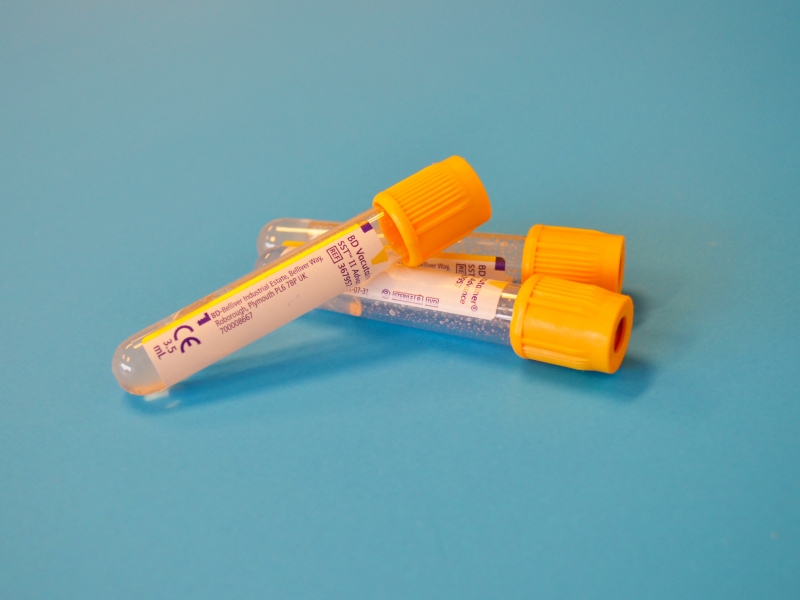
Photo by Testalize.me via Unplash -
A loss of appetite or interest in food characterizes anorexia. Some people immediately conjure up the eating disorder anorexia nervosa when they hear the word "anorexia." However, there are distinctions between the two.
Loss of appetite is not a symptom of anorexia nervosa. Anorexics consciously forgo eating to avoid gaining weight. Anorexics (those who lack appetite) accidentally lose interest in food. An underlying medical problem is frequently the cause of appetite loss. If you observe a dramatic decline in your appetite, consult your doctor because anorexia is frequently a sign of a medical issue. Hepatitis A is one of the most typical reasons leading to losses of appetite.
Through contact with infected blood, the liver infection known as hepatitis A can be passed from one person to another. It can harm the liver if untreated. Vomiting and nausea brought on by advanced liver disease can reduce appetite. Your doctor may issue a blood test to look for the hepatitis A virus if you lose your appetite. The same effects of appetite loss may also result from other kinds of hepatitis.

Photo by SHVETS production via Pexels 
Photo by Andres Ayrton via Pexels -
Yellowing of the skin and eyes is referred to medically as "jaundice", which is one of many common symptoms of Hepatitis A. Although jaundice in and of itself is not a sickness, it can be a sign of a number of different conditions. When your body contains an excessive amount of bilirubin, jaundice develops. The breakdown of defunct red blood cells in the liver results in the production of bilirubin, a yellow pigment. Normally, bilirubin and aged red blood cells are eliminated by the liver.
A major issue with the function of your pancreas, liver, gallbladder, or red blood cells could be indicated by jaundice. Jaundice is occasionally attributed to hepatitis. This liver inflammation can be brought on by an infection, an autoimmune illness, severe blood loss, drugs, alcohol, or pharmaceuticals. This kind of liver inflammation is brought on by hepatitis A virus infection. Regular immunization helps protect against hepatitis A infection. Therefore, be sure to have a Hepatitis A vaccination.
Owner: Dr. Eric Berg DC via Youtube Owner: Daniel González M.D. via Youtube -
Hepatitis A can cause itching (pruritus), even though not everyone who has the disease experiences it. Your itch could be widespread, like on your lower arm, or localized, like throughout your whole body. In either case, the need to itch can become distracting and frequently overwhelming. Itching occasionally is nothing to worry about. However, persistent scratching can keep you up at night and cause a variety of additional issues. A significant health concern arises when it occurs.
Avoid scratching that itch because doing so could make things much worse. Keep your fingernails short so that you are less likely to damage the skin when you scratch, which could lead to an infection.
Owner: 247 Natural Health Tricks via Youtube' Owner: Autoimmune Hepatitis via Youtube -
Joint pain is one of many symptoms of Hepatitis A. This symptom, which is uncommon - only 10% of those with hepatitis A have it - means that your illness has advanced to a simple, late stage. Additionally, your immune system will be compromised in the early stages of hepatitis A infection, making it easier for inflammatory substances to target other organs, which can also be the cause of joint pain. Large joints are frequently affected by joint pain, which limits the range of motion for the patient.

Photo by Karolina Grabowska via Pexels 
Photo by Ba Tik via Pexels -
One of the typical signs of many diseases is low-grade fever (blood infection, urinary tract infection...). However, a viral, bacterial, or parasite infection that sets off an inflammatory response is the most frequent cause. When HVA attacks and inflames the liver, more white blood cells are drawn into the fight against the invaders, which results in low-grade fever.
Therefore, you may have hepatitis A when the body frequently experiences low-grade fever, typically happening at a specific time. You should visit a doctor timely to avoid any consequences that probably come later. Identify any illnesses you may have, such as hepatitis.

Photo by Pixabay via Pexels 
Photo by Polina Tankilevitch via Pexels -
Hepatitis nearly often has no obvious symptoms in the early stages and, when it does develop, frequently has symptoms that are similar to those of an influenza infection in cases of viral hepatitis. Patients with acute liver damage brought on by fungi, foods, medications, and alcohol frequently experience more severe clinical symptoms, mostly gastrointestinal-related like nausea, vomiting, and diarrhea. Nausea and other gastrointestinal symptoms can be brought on by hepatitis, which can also result in liver disease and inflammation.
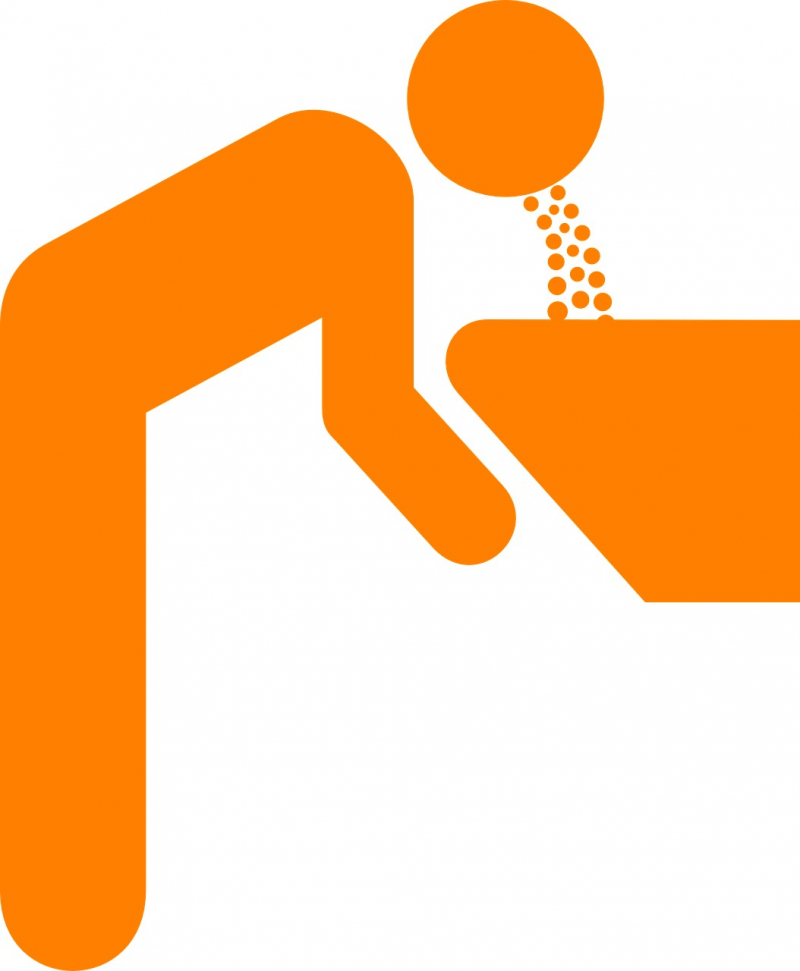
Photo by Clker-Free-Vector-Images images via Pixabay 
Photo by hhach via Pixabay -
Symptoms of hepatitis A normally occur a few weeks after exposure to the virus. In addition to the previously mentioned symptoms, fatigue is a common issue for those with hepatitis. Patients may experience extreme exhaustion even after a full night of sleep, whether it is a direct result of liver disease or a side effect of medicine. However, not everyone who has hepatitis A experiences symptoms.
Every aspect of life can be affected by fatigue, which can range from mild to severe. While some people suffer periods of tiredness, others feel continual fatigue. Since there are no easy solutions, dealing with fatigue needs patience. But you can take the following actions to assist in controlling it: Regular physical activity, balanced meals, better sleep habits, afternoon naps, etc.

Photo by Andrew Neel via Pexels 
Photo by Lina Kivaka via Pexels


















